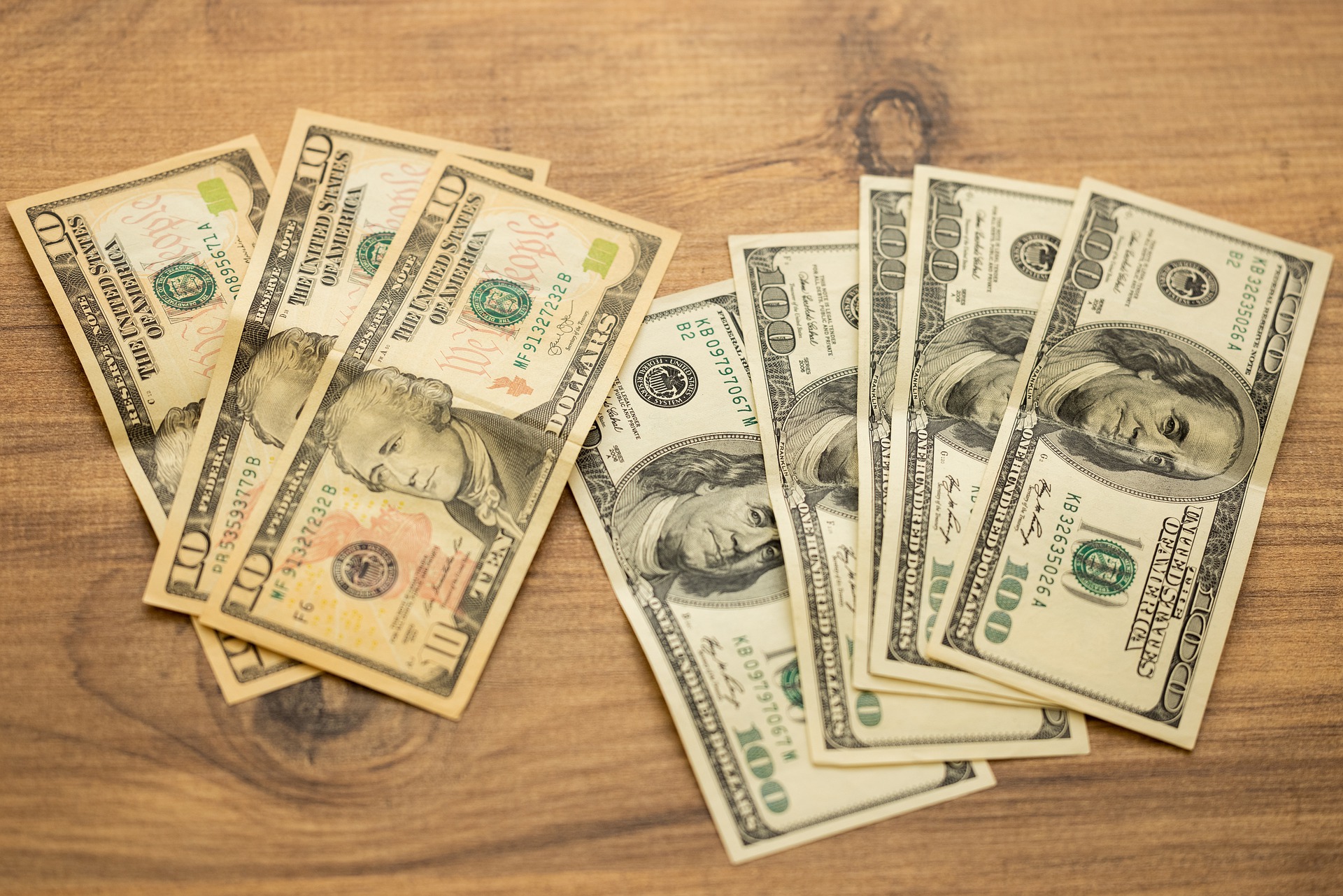
31 Dec I just learned of a forgotten account. How can I get the money?
Photo: pixabay.comQ. I recently learned there was an UGMA account for me. I’m now 48 and it was never given to me when I was 21. I started researching the account and it seems it went to unclaimed funds in Florida. How do I get that money?
— Windfall, I hope?
A. We’re sorry to see this happened, but it’s a nice surprise gift now.
UGMA stands for a Uniform Gift to Minors Act account.
Minors can’t own property or sign a contract, so money and investments are held in specific accounts such as UGMAs that have custodians who manage the account for until the minor reaches the age of majority, said Jeanne Kane, a certified financial planner with JFL Total Wealth Management in Boonton.
You mentioned the account went to unclaimed property in Florida. Every state has an unclaimed property division that holds financial assets that have been inactive, unclaimed or otherwise abandoned by its owner.
The bank, investment company, or even government entities will hold these financial assets for a period of time, typically five years, Kane said.
If the owner doesn’t come forward to claim their asset within that time, then the funds go to the state’s unclaimed property division.
For Florida, you can go to the state’s website to search for your UGMA account.
“There is no statue of limitations on unclaimed property in Florida,” she said. “The money stays there until it is claimed by the owner or their heirs.”
We know you didn’t set up this account, but there are steps people can take to avoid mistakenly abandoning an account.
First, keep it simple, Kane said.
For example, you don’t need to have multiple IRAs or multiple brokerage accounts. When you have a lot of accounts to keep track of, it’s a lot more work, she said.
“Many people think that having multiple accounts equals diversification,” she said. “Diversification has to do with investing in different types of investments.
Having more accounts doesn’t mean that you’re diversified.”
The good news for you is that you’re sitting on an unexpected windfall, Kane said.
She recommends you take a small part of it and do something fun for yourself, and then identify goals for the money, such as paying down debt, or saving for retirement or college.
“Make sure that this money has a purpose and that you don’t put it right into your regular bank account. It will end up co-mingled and absorbed by your day-to-day expenses,” she said. “Open a separate account at your bank and then put your money to work helping you reach your goals.”
Email your questions to Ask@NJMoneyHelp.com.
This story was originally published on Dec. 31, 2021.
NJMoneyHelp.com presents certain general financial planning principles and advice, but should never be viewed as a substitute for obtaining advice from a personal professional advisor who understands your unique individual circumstances.

